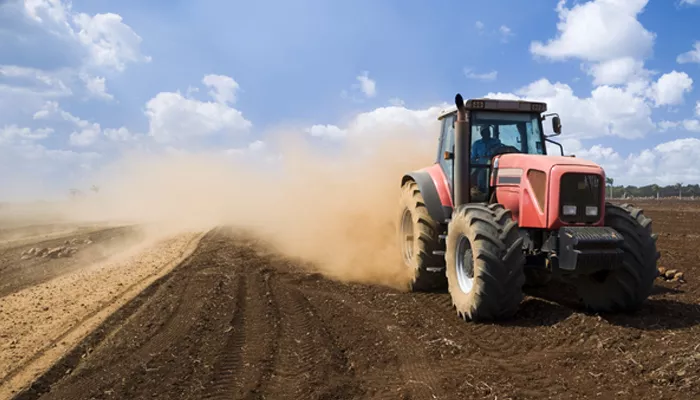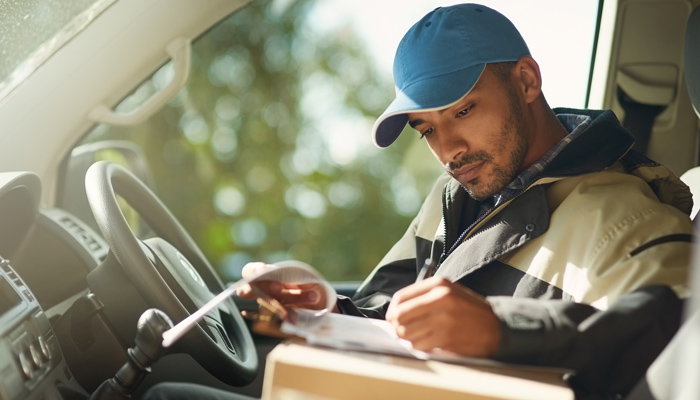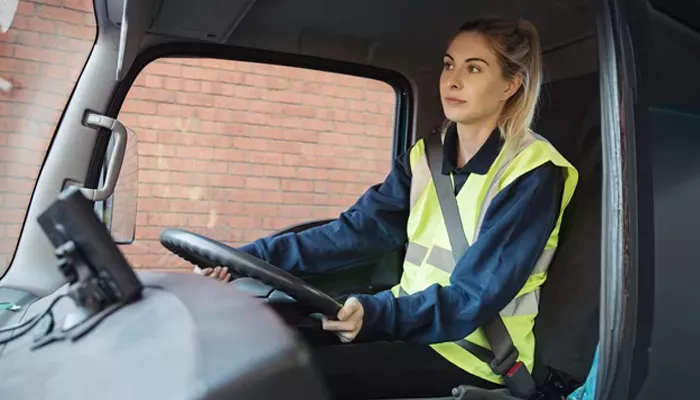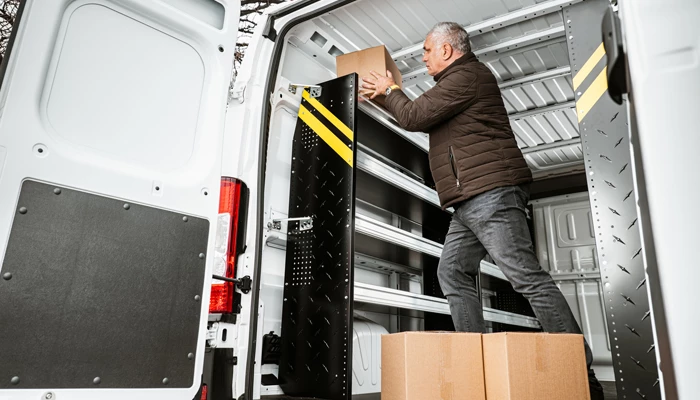Summer Driving Is No Picnic – What You Need To Know
You might be forgiven for the thinking that summer is the easiest time of the year to be driving. However, summer has its own particular challenges for drivers, according to Sadie Lane, Safedrive Operations Manager at Towergate Insurance Brokers.
“Summer brings out a variety of different road users that can hold up your journey. Be on the look-out for horses, tractors, caravans, horseboxes, cyclists and walkers. People pay less attention when driving during the summer months, as they are more relaxed and are easily distracted.
“Loose chippings are also a very common sight on roads in the summer, they can cause cracked headlamps and windscreens as well as damage your vehicle’s paintwork. Construction increases during the summer, for obvious reasons, so you will see more roadworks than usual. Stick to temporary speed limits as advised by road signage. Driving by construction sites can be frustrating as they often cause traffic to slow down and that can make drivers more likely to rush to get where they are going, when they finally do get past construction zones.“
The golden rules of summer:
- Keep a bottle of water in your vehicle, a 5% drop in your hydration levels can cause a drop of up to 30% in concentration levels.
- Keep windscreens clean as dirt and marks can amplify sun glare.
- Have access to and wear a clean pair of sunglasses while driving.
- Stay alert. The number of people on the roads in the summer increases. They may be unfamiliar with the roads they are travelling on, causing confusion and can be more likely to make sudden turns or U-turns. They could also be more prone to crashing, while distracted by using a map or satnav.
- Drive extra carefully after rain, as it can turn dry surfaces into skid zones. Roads can be extra slippery when it rains after, a long period of dry weather.
- Keep your vehicle’s coolant topped up to reduce the chance of it overheating and turn the engine off when stuck in traffic, as this too will prevent it from overheating.
- Regularly check your vehicle’s tyre pressures and condition, at least, on a monthly basis, as the higher temperatures of summer increase, tyre pressures and could lead to the increased risk of a tyre blowout.
In hot weather, vehicles may sometimes give unnecessary cause for concern. Here are some examples of things you don’t need to worry about:
A) Pools of water collecting under a vehicle are caused by condensed water from the air conditioning system. b) Vapour from air vents is just water vapour produced by the air conditioning unit that has not had time to condense. c) Roaring sounds coming from the engine bay are often just the cooling fan turning on and off. d) If your vehicle seems to have less power, this is probably because the air is warmer and less dense, resulting in the engine being less efficient.
Sources: Driving for Better Business
Date: August 19, 2024
Category: Motor











